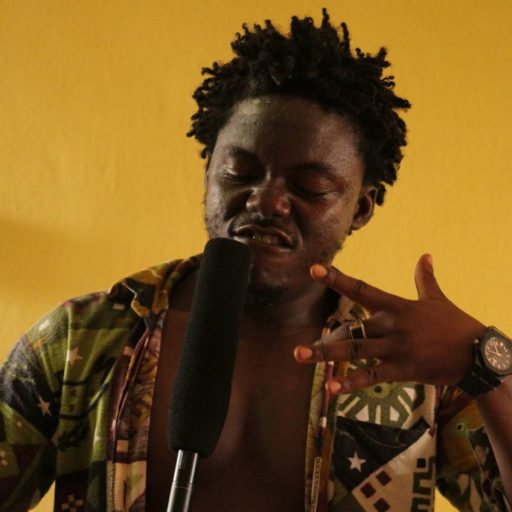
Konya Shamsrumi: What is the process of writing a poem like for you? Is it a lot of hard work or easy?
Harriet Anena: My writing process is thoroughly random and unstructured. I never see a poem coming, but when it does, there’s no postponement. Which means picking out a phone from my bag to write the lines twirling in my head as I take a taxi home (even with a possibility of my phone getting snatched out of the taxi window); it means getting out of bed at 4 am to scribble words in a notepad or laptop before they scuttle away at sunrise. It’s easy – the unannounced arrival of wordsand confining them to a page. The real work is in the editing, the rewriting, and in ensuring that what’s on the page makes sense.
Konya Shamsrumi: Please describe your sense of identity in this or any possible world in imagery or metaphor?
Harriet Anena: Embers. A poem.
Konya Shamsrumi: If any of your poems could literarily save a person’s life, which poem would it be and can you describe the person whose life you think it would have saved?
Harriet

Konya Shamsrumi: What does Africa mean to you, as potential or reality?
Harriet
Could you share with us one poem you’ve been most impressed or fascinated by? Tell us why and share favorite lines from it.
Harriet
But, Social Anxiety by Lydia Kasese will be the one today. Kasese is a writer whose work I crush on daily. She’s a master in sculpturing words in ways only she can. And, in Social Anxiety, she tackles body shaming, the underlying theme of how self-esteem gets destroyed, which leads to an even bigger issue of mental illness:
When you call out the state of my knees in a school bus aisle,
Many, manyyearsago ,
I spend the rest ofmy life diluting my self-worth
In crowds and openspaces.
I disappearintowalls that I build.
I becomeoddlyshaped knees.
I become hiding.
***
Harriet Anena is a writer from Gulu, Uganda.
- The Great Tears by Mustafa Lawal Maiyasin - February 7, 2023
- Konya Shamsrumi Announces New Managing Editor & Logo, Changes Web Address - September 24, 2022
- Poetry #CFS | The Afro: Genesis of a Pan-African Poetic Genre - August 24, 2021

















Oh I really gain in your interview, please is there anyway to consult you?
If yes kindly notify me through my mail
kdamilare60@gmail.com.
You can send an email to konya.shamsrumi@gmail.com